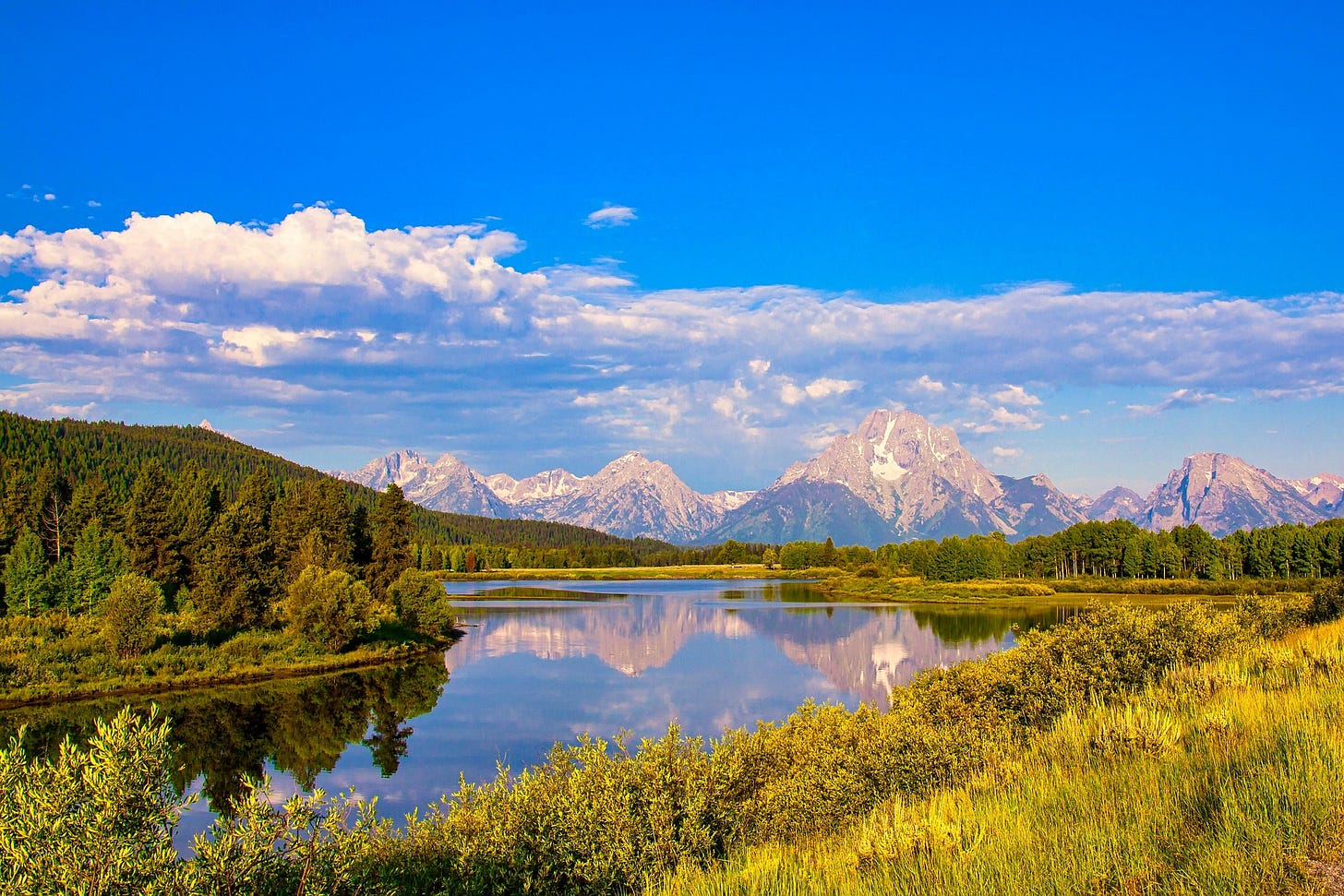The Consequences Are Inevitable
A civil service dedicated to conservation is invaluable. Decimating it brings grave risks.
A few weeks ago, shortly after the second Trump term began, I wrote this:
“Instead of paying attention to the firehose of breaking news — who’s winning, who’s losing, who got fired, who said something stupid — focus on the stories that reveal the impact of these actions.”
As layoffs hit the agencies that manage our lands, waters and wildlife this week, those stories have started to emerge. So, here’s a whole bunch of links, from news outlets across the country, on the consequences of these actions:
The Colorado Sun, Colorado — More than 150 Forest Service workers managing public land in Colorado lose jobs as part of Trump cuts
Hungry Horse News, Montana — Flathead National Forest DOGE cuts detailed; many did not save taxpayer dollars
Patch, Southhampton, New York — 'You're Terminated': Federal Cuts Felt At Hamptons Wildlife Refuge
The West Virginia Daily News, West Virginia — Conservation groups condemn recent mass firings at US Forest Service, US Fish and Wildlife Service and National Park Service
High Country News — People brace for impacts on land, water and wildlife after feds fire thousands over holiday weekend
The Coloradoan, Colorado — How many people work in Colorado's national parks, forests? What to know amid firings
KPLC, Louisiana — ‘There was nothing left to cut’: Layoffs spark concern for SWLA wildlife refuges
Washington State Standard, Washington — Trump’s cuts to federal wildfire crews could have ‘scary’ consequences
CBS News, Philadelphia — National Park rangers at Independence Mall in Philadelphia among probationary workers fired by Trump administration
Knoxville News Sentinel, Tennessee — Great Smoky Mountains National Park could lose key staff members amid federal firings
Wyoming News Exchange, Wyoming — Bridger-Teton employees fired; Grand Teton reductions expected
Idaho Mountain Express, Idaho — 'Left with a skeleton crew': Thousands fired at the U.S. Forest Service, Department of the Interior
The New York Times also published a good story on who these employees were, and what their loss could mean. I highly encourage you to read it — the people they speak with highlight just how much important work, from trash cleanup to firefighting assistance to visitor safety, could now be neglected.
Without a doubt, there will be more of these stories. But there’s a saying about public health: the best public health successes are the ones you never hear about — the successful quarantines, the toxic cleanup that goes well, the pandemic that never happened because people responded rapidly.
If, and when, something catastrophic happens on our public lands, like a massive wildfire or the needless extinction of a species, it may be hard to draw a direct line between that event and the slashing of the federal workforce. And, of course, it’s possible that such disasters could have happened no matter what. But a robust civil service dedicated to conservation does make a difference — and there will be consequences when that civil service is weakened.





